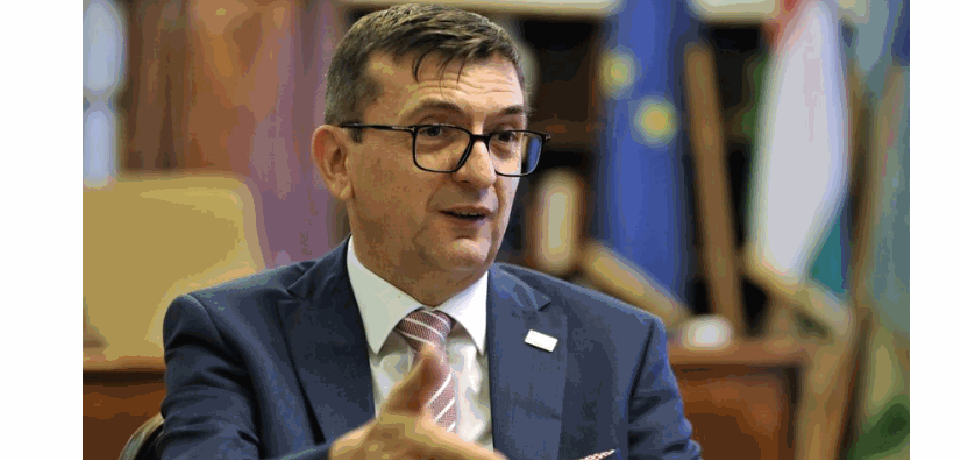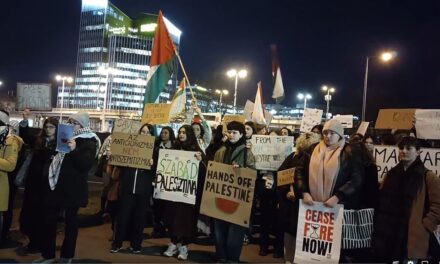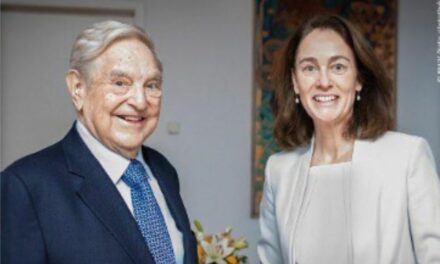It is necessary to prepare for peaceful conditions, and the budget should be designed accordingly, the president of the State Audit Office believes. In an interview with the Mediaworks News Center, László Domokos put it this way: the state must guarantee calm conditions, but must create reserves of oil, gas, food and, of course, money.
However, according to the president, EU funds are not needed at all costs, and the part of our sovereignty beyond the accession treaty should not be given up for the money coming from Brussels. The head of the audit office would further reduce the personal income tax, but would impose a new or increased turnover-type tax on certain economic operators.
The main points of the interview:
Mentioning corruption is a political and economic tool for exerting pressure and gaining influence. Some people seem to want to use the reporting of abuses to extend their influence over a specific area, group, or even an entire state.
Hungary overcame the crisis caused by the coronavirus even without the financial contribution of the EU, it no longer needs extra money, it happened. For the source of the recovery fund, we must not give up even the smallest crumb of our self-determination beyond the agreement.
The public treasury could collect additional public burdens from, for example, industries and businesses that use imported energy.
The state must state that it is only interested in peace, believes in it only, and is ready to act for it. This is the only way to maintain the confidence of investors and the peace of society. If either of the latter two is lost, economic decline and recession are inevitable.
It's good if everyone remembers that Hungary is now experiencing one of its greatest periods of development. Last year there was outstanding economic growth in this country, and this year is shaping up favorably as well. There is no reason to fear a relapse, and to shout about it is very harmful.
State reserves must be created from oil, gas, and food. And of course financially. It is worthwhile, for example, to reduce the size of state investments in those industries where participants are also supplied with orders in abundance by the market. This is mostly the case in the construction industry.
The reduction of the personal income tax cannot stop there. For example, by giving a targeted discount to those who further train themselves, i.e. obtain a new qualified diploma or qualification.
The full article of Magyar Nemzet can be read here.
Author: Tamás Jakubász
Photo: Zoltán Havran












